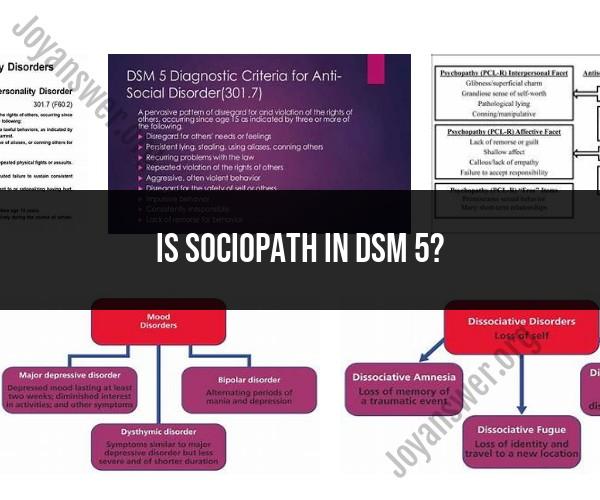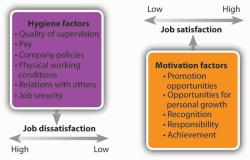Is sociopath in DSM 5?
The term "sociopath" is not specifically used as a diagnostic category in the Diagnostic and Statistical Manual of Mental Disorders, Fifth Edition (DSM-5). Instead, the DSM-5 uses the term "Antisocial Personality Disorder" (ASPD) to describe a pattern of behavior that is characterized by a disregard for the rights of others, lack of empathy, and a history of engaging in behaviors that violate societal norms and rules.
Antisocial Personality Disorder is a personality disorder that encompasses many of the traits and behaviors that are commonly associated with sociopathy. Some of the key features of ASPD include:
Persistent Pattern of Disregard for the Rights of Others: Individuals with ASPD consistently show a lack of concern for the rights, feelings, and safety of others. They may engage in actions that harm others without feeling remorse.
Deceitfulness: They may be deceitful, lying, conning others, or using aliases for personal gain or pleasure.
Impulsivity: Impulsive behavior is common, including acting on urges without considering the consequences.
Irritability and Aggressiveness: Frequent irritability and physical aggressiveness may be present.
Recklessness: They often engage in reckless disregard for their own safety and the safety of others.
Consistent Irresponsibility: A lack of consistent work behavior, financial responsibility, or obligations to family or society is common.
Lack of Remorse: Individuals with ASPD may show little to no remorse for the harm they have caused to others.
It's important to note that the diagnosis of Antisocial Personality Disorder is typically made by a qualified mental health professional based on a comprehensive assessment of the individual's history, behaviors, and mental health. The term "sociopath" is colloquially used to describe individuals who display some of the characteristics associated with ASPD, but it's not a clinical diagnosis in the DSM-5.
Diagnosing and treating personality disorders, including ASPD, is a complex process, and it typically involves a thorough evaluation by a mental health professional to determine the most appropriate course of action, which may include therapy or other interventions.













